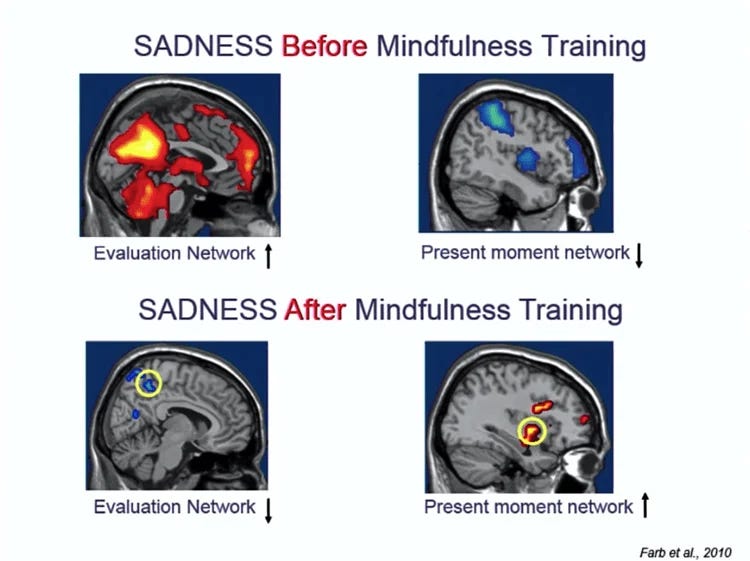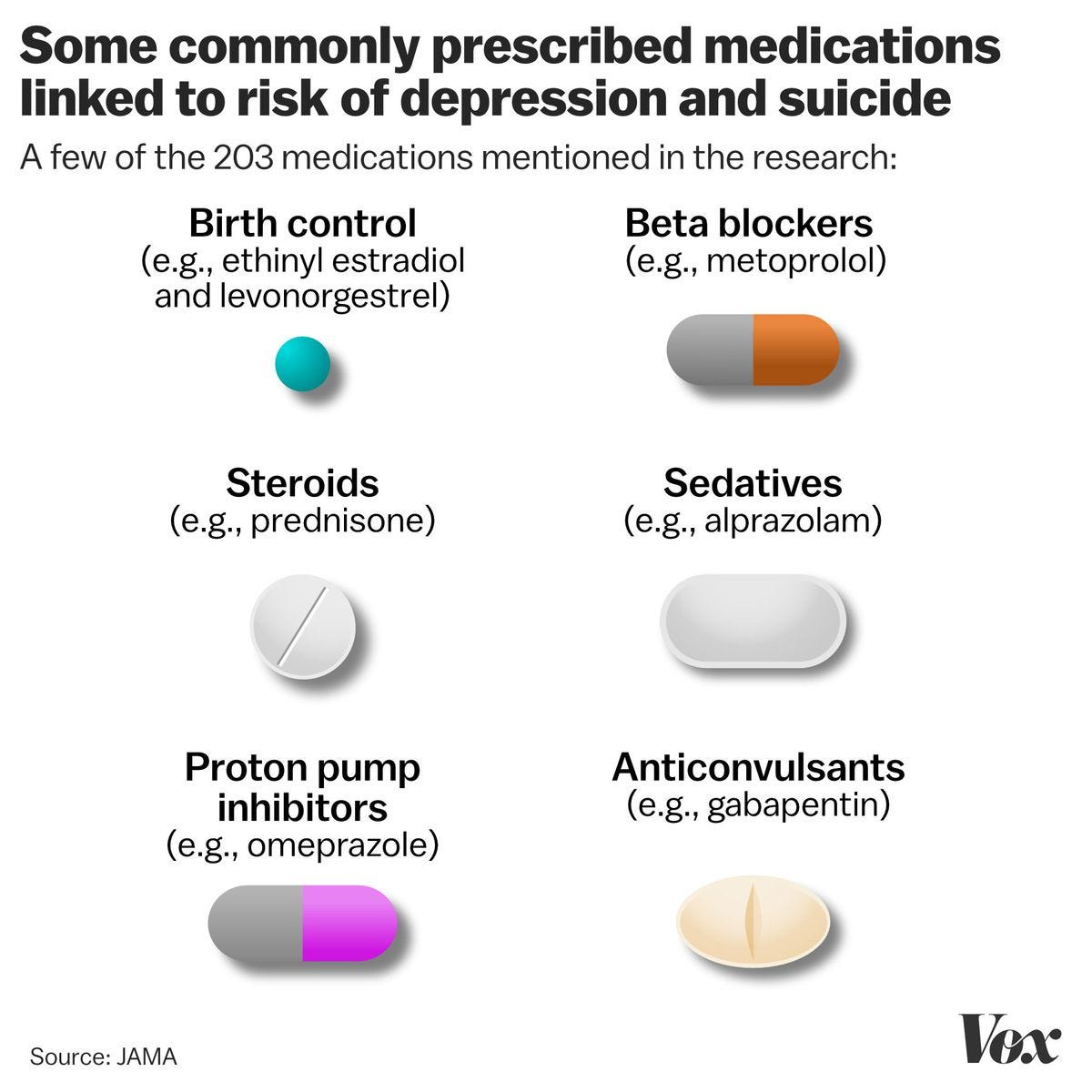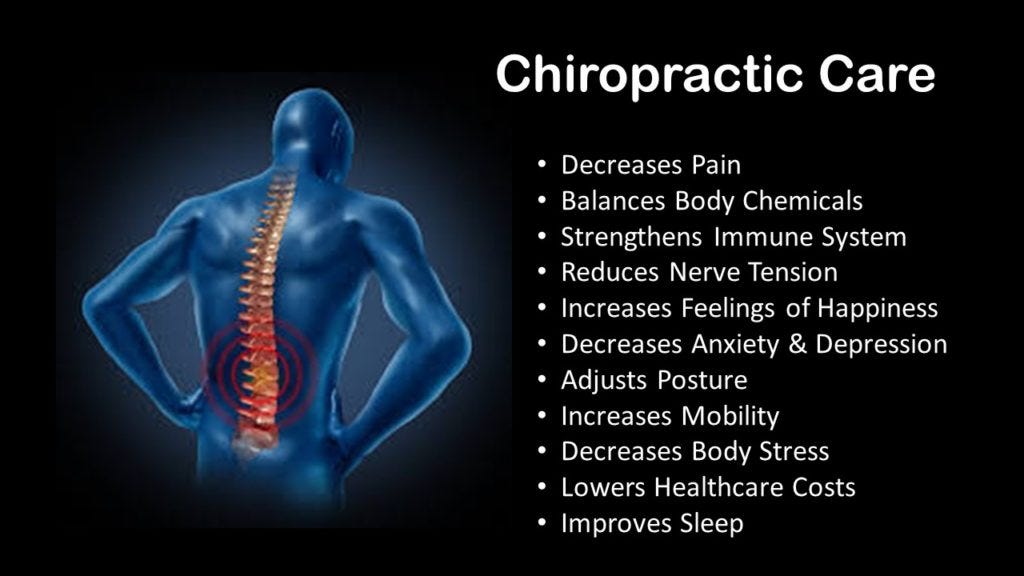Depression Can Be Conquered & Prevented Naturally
Antidepressant drugs are often highly addictive and toxic.
When I was a young adult in the early 90’s, I did not know anyone who suffered with depression. Today, it’s quite a different story. In a study published in 2010, the age group with the greatest prevalence of depression are those between 18-29 years of age (see graph below). In fact, a 2009 study from South Africa showed a strikingly similar picture. With over 280 million people worldwide struggling with depression, it’s quite evident that something is desperately wrong and this growing problem is not the result of genetics or the place where you live.
The treatment for this problem is most often antidepressant drugs, which only attempts to cover up the symptoms, while creating even more problems. Recent reports have finally admitted that depression is not the result of a “chemical imbalance,” as so many have been told. According to the Council for Evidence-Based Psychiatry:
“Although scientists have been testing the chemical imbalance theory’s validity for over 40 years — and despite literally thousands of studies — there is still not one piece of direct evidence proving the theory correct. The chemical imbalance theory, in relation to any mental health disorder is thus unsubstantiated, yet a societal belief in chemical imbalances, largely owing to effective pharmaceutical marketing, remains prevalent today.”
Unfortunately, these drugs have indeed had a neurotoxic effect as they also concluded:
“Psychiatric drugs can have long-lasting negative effects on the brain and central nervous system, particularly when taken long term, which can lead to physical, emotional and cognitive difficulties.”
What’s even more alarming is that a 2018 study found that many antidepressant drugs may contribute to the development of neurological disease, such as Parkinson’s. They concluded the following:
“This observational study demonstrates a harmful association between the incidence of Parkinson disease or associated EPSs and use of the antidepressants duloxetine, mirtazapine, citalopram, escitalopram, paroxetine, sertraline, venlafaxine, bupropion, and fluoxetine.”
It’s also very important to remember that these drugs have been shown to be highly addictive, possibly leading to disabling withdrawal symptoms that can last from months to even years. In fact, there’s even a condition called Antidepressant Discontinuation Syndrome, resulting from stopping the drugs too quickly.
Fortunately, instead of resorting to these toxic and addictive drugs, there are many scientifically-proven ways of turning your life around without the proven long-term risks, including the following:
Eat more raw fruit and veggies, which are proven to be vital for proper brain function. Raw foods from our amazing plant kingdom contain living cells that will also make you more alive. Optimistically aim for 9-10 servings per day.
Be consistent with physical activity, mindful movement, and exercise, which has also been proven to be just as effective as drugs, even for major depression.
Sleep deeply, consistently, and naturally, without sleeping pills or other drugs.
Limit you EMF exposure, especially at night. This is very likely a major reason why depression is becoming more prevalent in young adults.
Spend more time in nature, outdoors, and in sunshine. We are not meant to be in boxes all day, no matter now nice we make them.
Learn how to calm and control your mind with meditation, mindful activities, and socializing with other people and even animals.
Take time to breathe deeply and exhale fully, especially during challenging moments.
Chiropractic care can help relieve neural tension, improve sleep quality, reduce fatigue, reduce the need for pharmaceutical drugs, and facilitate detoxification from the brain. The recent addition of BrainTap to the office can also help by improving thought patterns, relaxing the mind, and handling stress more productively. I’ve seen many of our clients become happier human beings as they start to function better naturally, without drugs, and regain control of their lives.
by Dr SJ NANA, DC, DrNana.co.za
References:
Managing Depression in Clinical Practice: Classification, causes, and epidemiology
How to treat Depression without medication: What the Science says
Yogic Breathing Helps Fight Major Depression, Penn Study Shows
Long-term relief from tension-type headache and major depression following chiropractic treatment
Spinal Dysfunction and its Impacts on the Brain with Dr Heidi Haavik

Please see my previous articles related to this topic:





